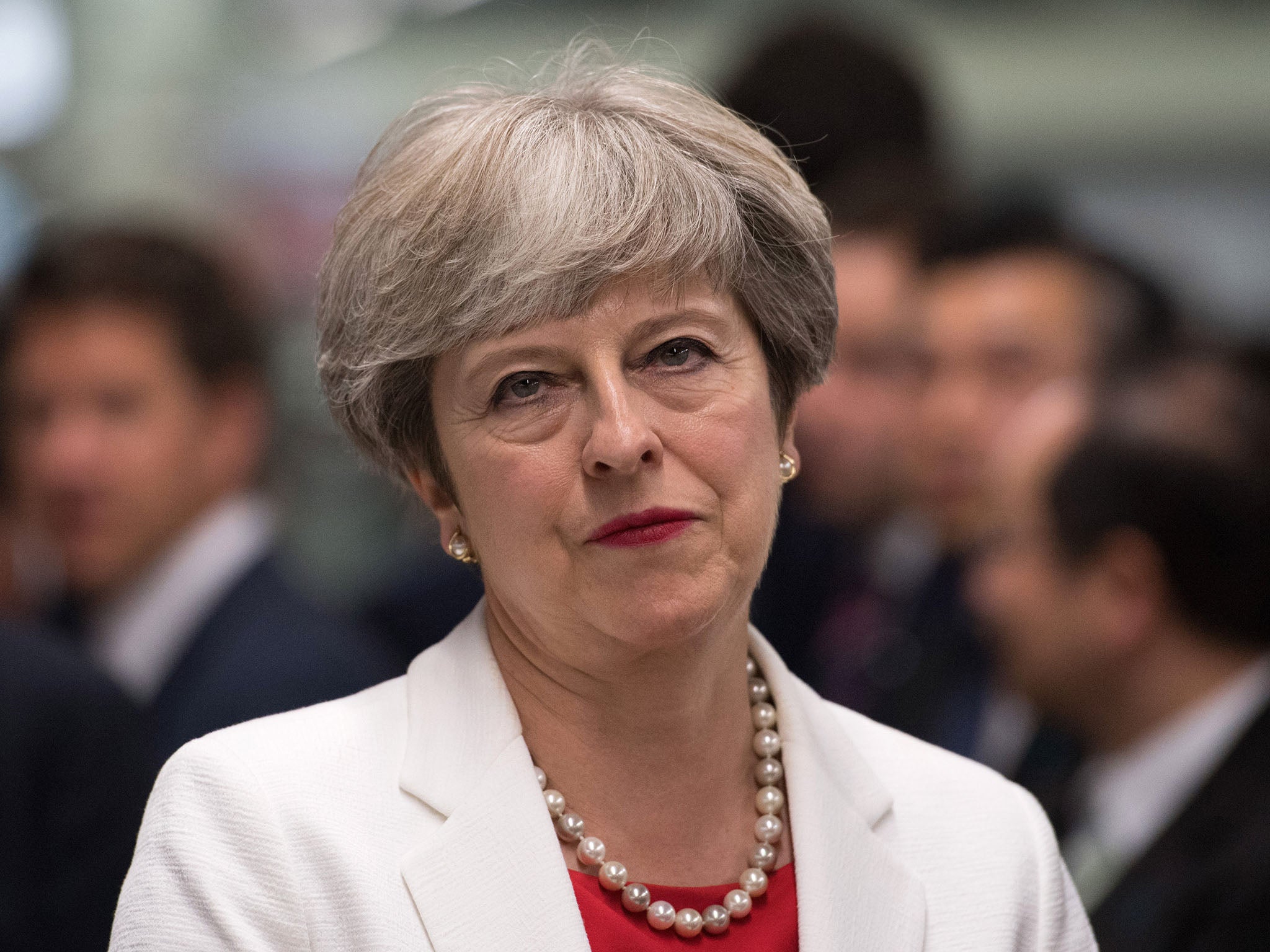Fat cat pay is not justified when British productivity is so poor – and the Government is starting to realise this
The spotlight recently shone on directors’ pay is already having an effect. The average pay packet of big company bosses dropped by 17 per cent between 2015 and 2016


There are some excesses to which you never become accustomed. For me, and I guess many readers, one of these is the sheer size of the annual pay packages received by the bosses of large companies. This week the Prime Minister, Theresa May, has published proposals to temper corporate greed.
Not before time. The most recent analysis by the High Pay Centre showed that the average pay package for chief executives of big companies was £4.5m per annum. I will repeat that figure, £4.5m. It would thus take a full time worker on a salary of £28,000 (the national average) some 160 years to earn what a boss receives in a year.
This might just be tolerable if British business was outstandingly successful, but it isn’t. Indeed, quite the reverse. This lamentable fact is rarely mentioned. Consider productivity in British companies – it is well below what it should be. One measure is output per hour. In 2015 this was 15.9 per cent below the average for the rest of the G7 advanced economies. Or take output per worker. Same story. In the UK it was 16.6 per cent below the average for the rest of the G7.
Examine a second test of how well or badly British management performs – results in export markets. Here we find that the number of UK businesses that export goods and services has been declining for more than 10 years. UK exports stood at 27 per cent of GDP in the UK in 2015, compared to 30 per cent in France and 47 per cent in Germany. So we are well behind the pace.
Now the Prime Minister, May, also finds bosses’ high pay repugnant, though it is unclear whether she comprehends the poor performance that goes with it. Just before entering No 10, the Prime Minister called the wide gap between bosses’ pay and staff “irrational and unhealthy”.
So the Government plans to pass a law requiring companies quoted on the stock exchange to publish annually the pay ratio between their chief executive and their average UK worker. For big companies right now that ratio stands at an extraordinary 129 to 1. The trouble is the amount of explanation that would be required before the ratio becomes usable. For it will vary according to the type of business that the company transacts. A large Internet based enterprise, for instance, will have a very different ratio from a metal basher.
I try to imagine such a ratio being brandished in discussions within companies. For in my long and varied experience I have never actually heard anyone wishing that such a figure were available. Yes, employees who, say, aren’t lucky enough to have a company car would like to know what such a perk is worth in terms salary. But normal human beings rarely talk in ratios.
A second part of the May plan is to create a new public register that would list companies that have encountered significant investor opposition to their remuneration plans. I am frankly not sure what this would achieve. Employees would know anyway whether at its annual general meeting their company had been involved a row with shareholders regarding directors’ pay.
However I much prefer the Prime Minister’s proposals to give workers more of a voice in the boardroom. Companies will be able to choose either to appoint a non-executive director to represent employees, or to create a workers’ advisory council or to nominate a director from among the employees.
I think nominating a non-executive director to represent employees is the best of these ideas. I have been a non-executive director on a variety of boards. If I had been asked to represent employees, I would have arranged to “walk the shop floor” regularly in whatever way that was best done, to find some method of discussing directors’ pay before decisions were taken and to communicate the board’s decision promptly.
In fact the spotlight recently shone on directors’ pay is already having an effect. The average pay packet of big company bosses dropped by 17 per cent between 2015 and 2016. Public pressure does work.


Join our commenting forum
Join thought-provoking conversations, follow other Independent readers and see their replies